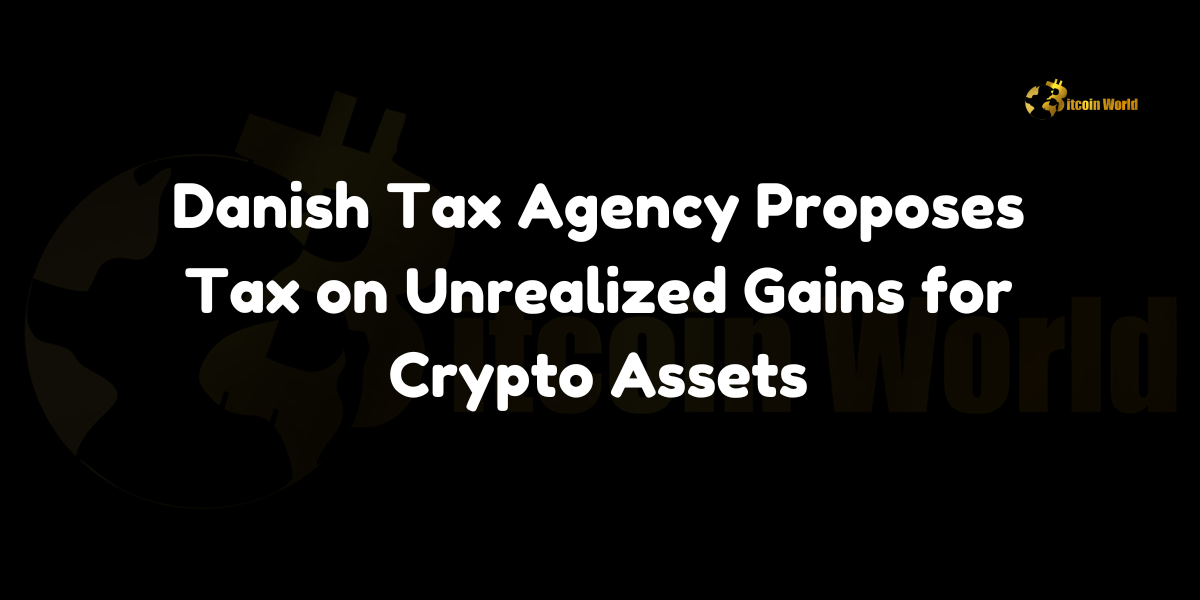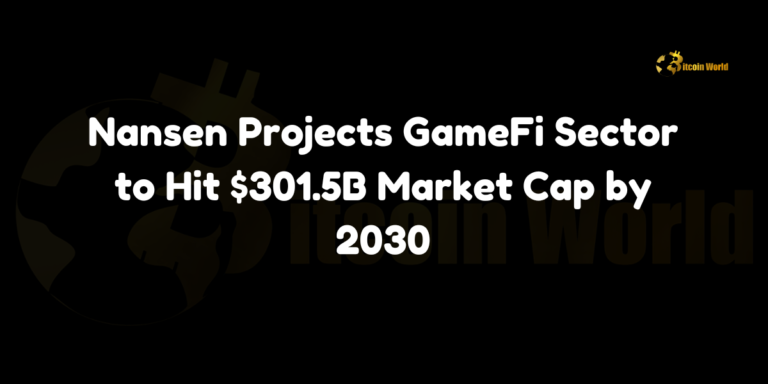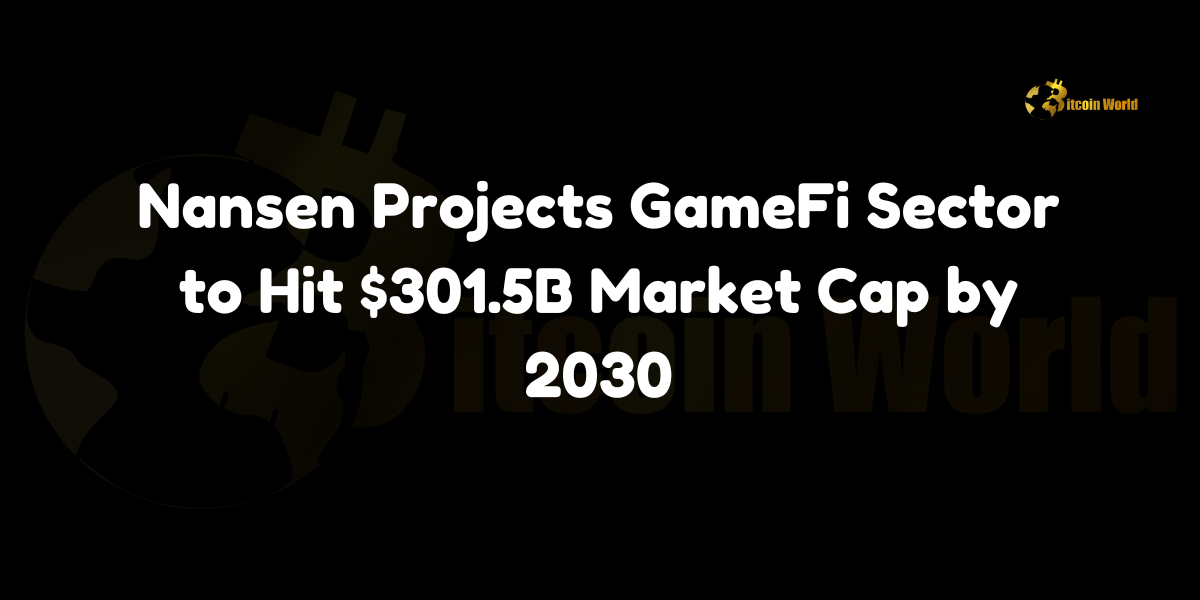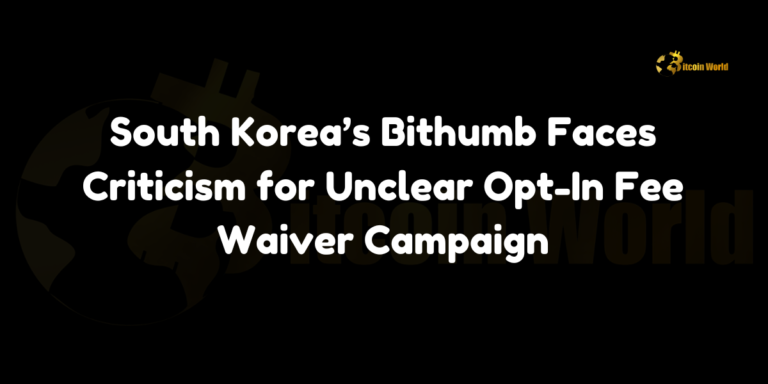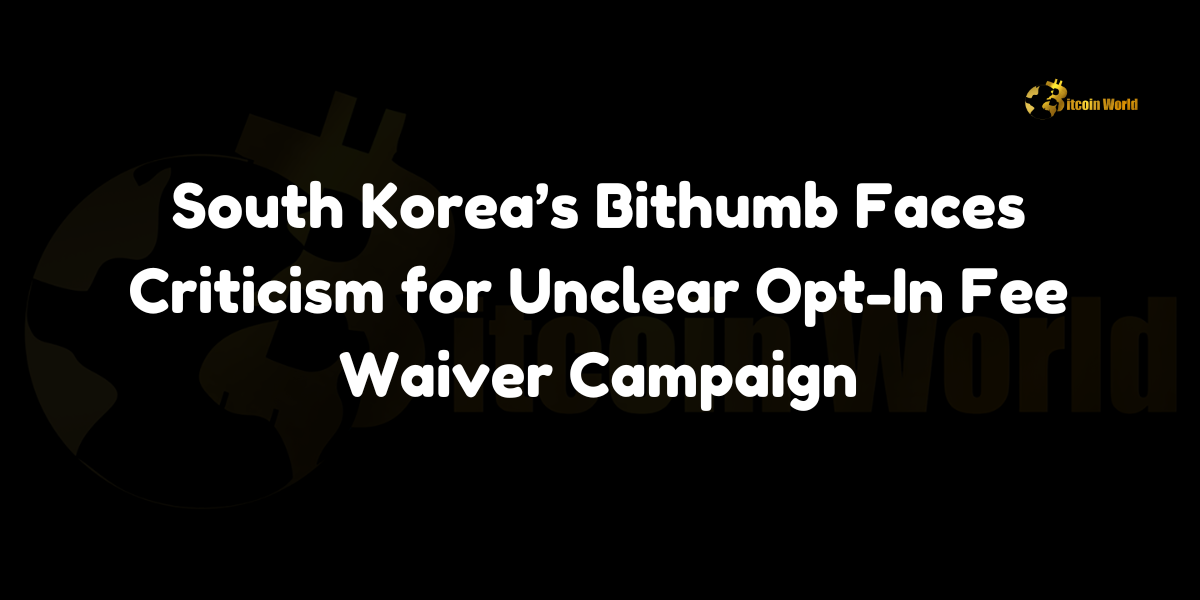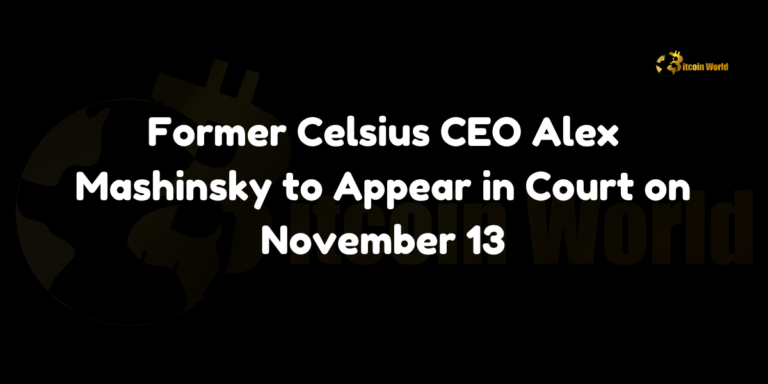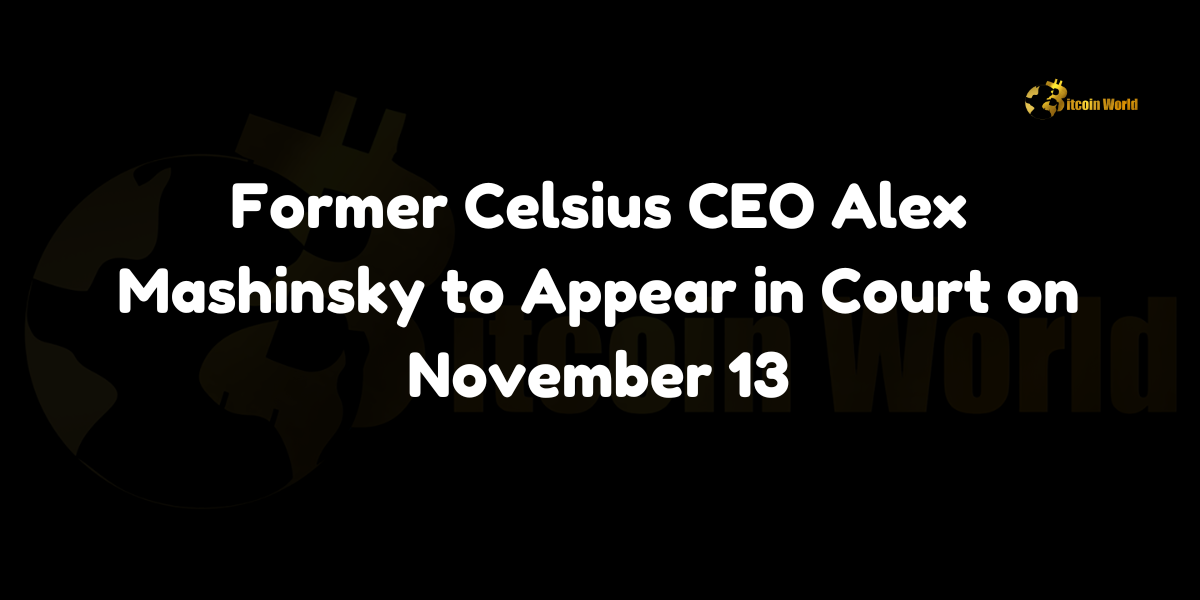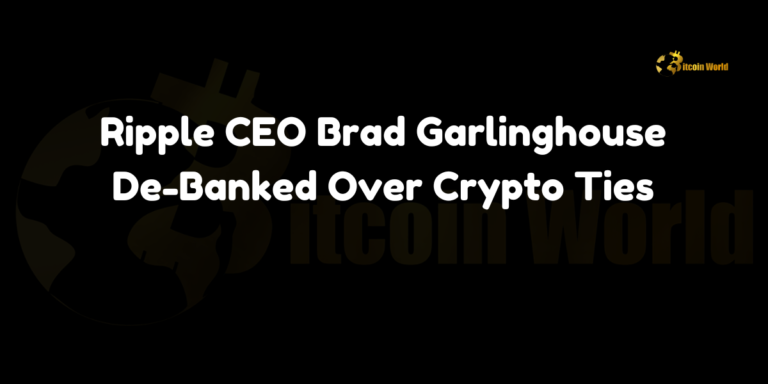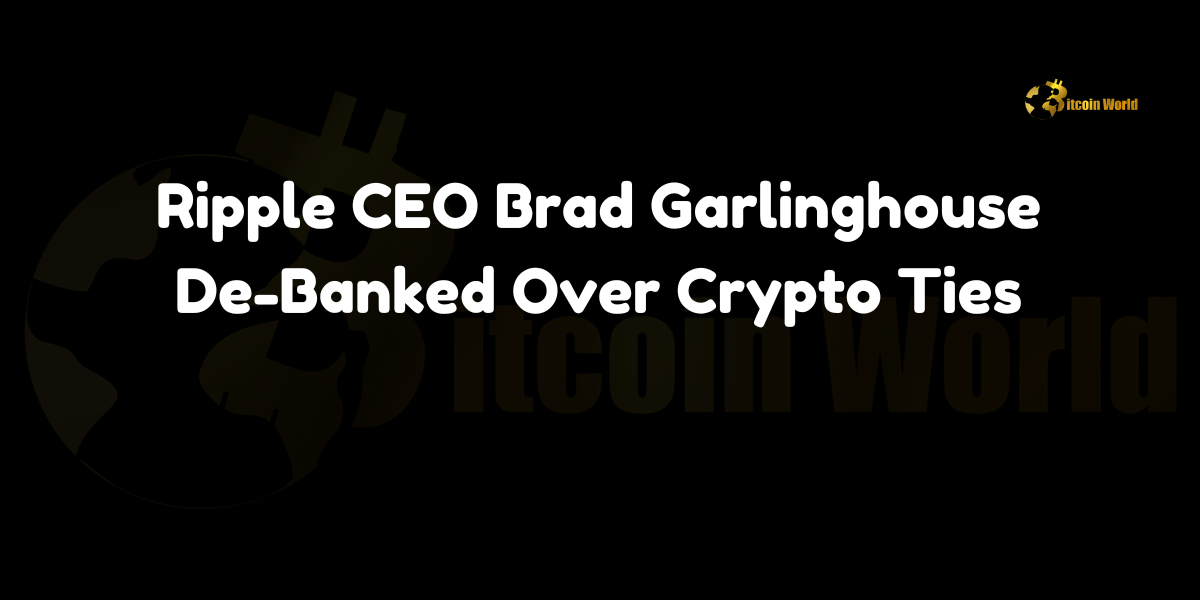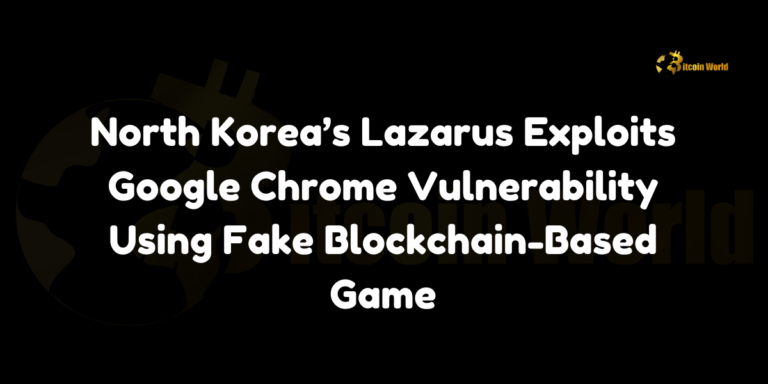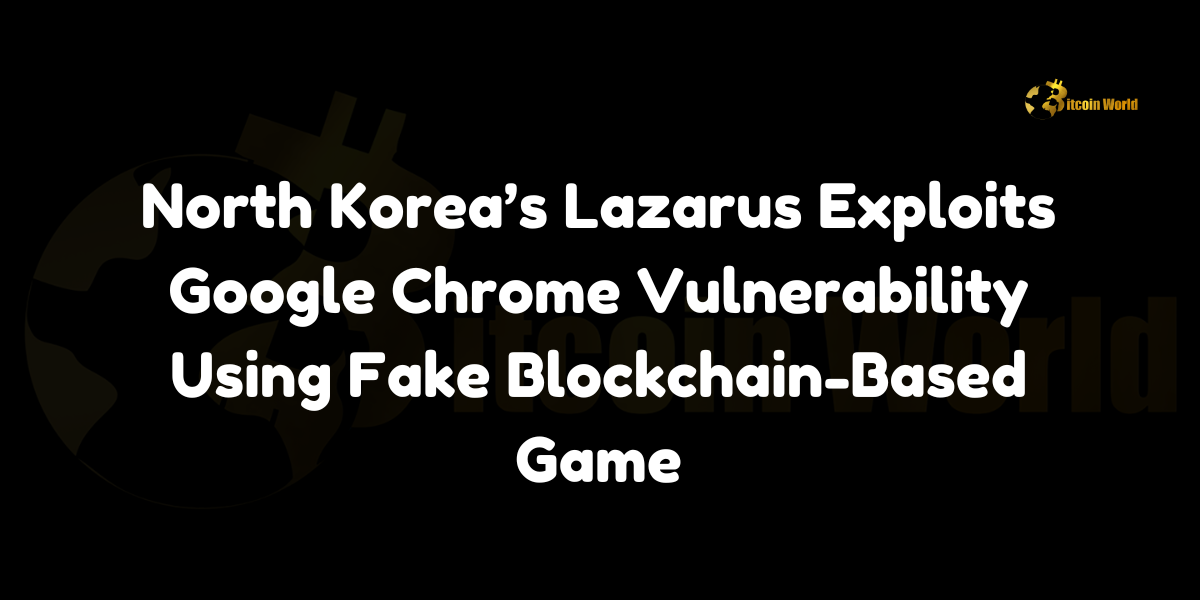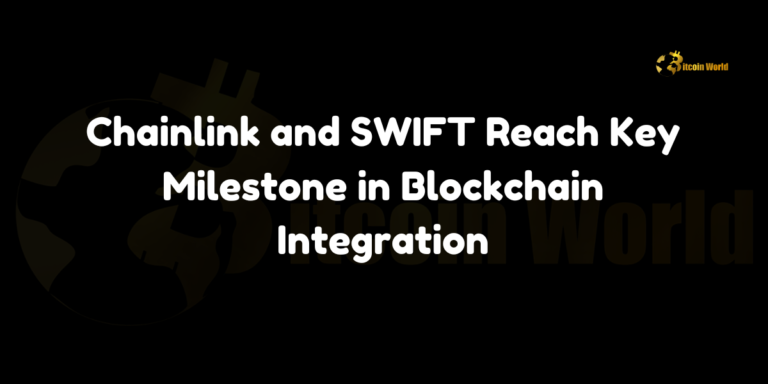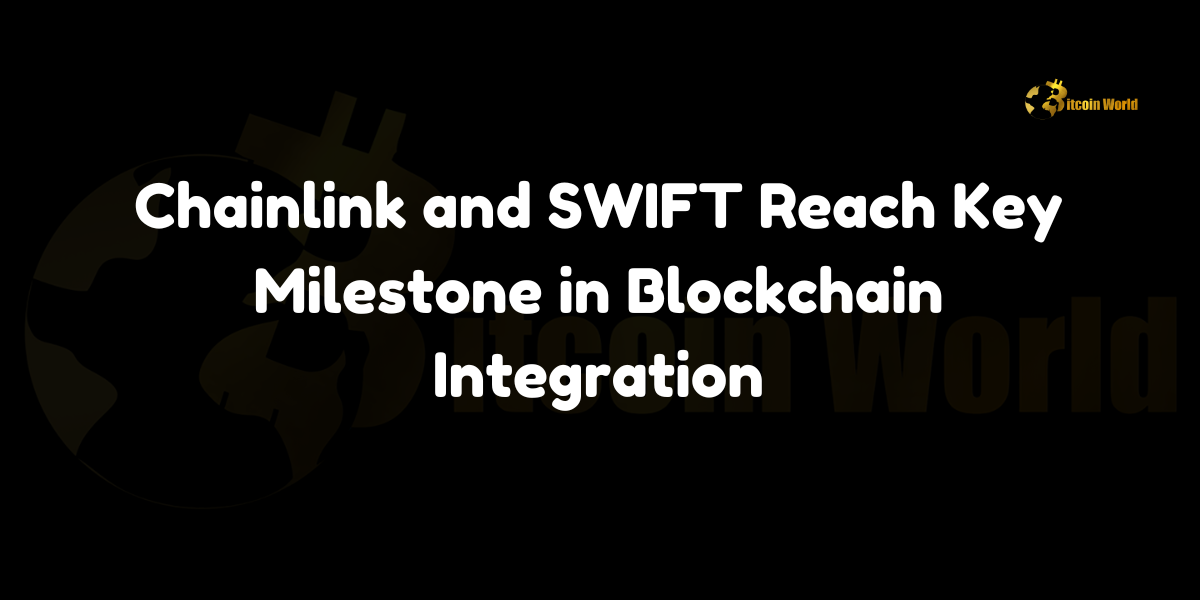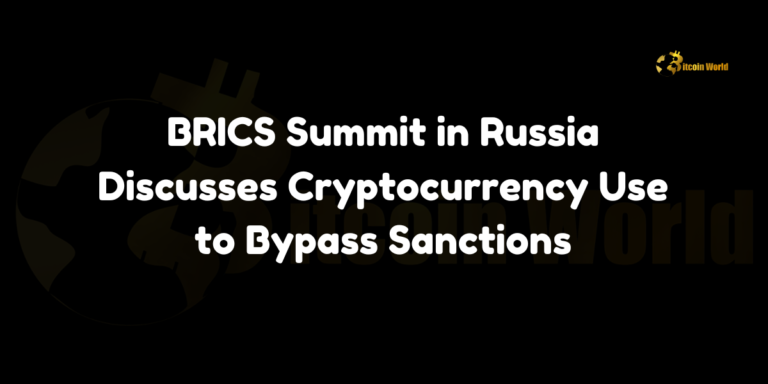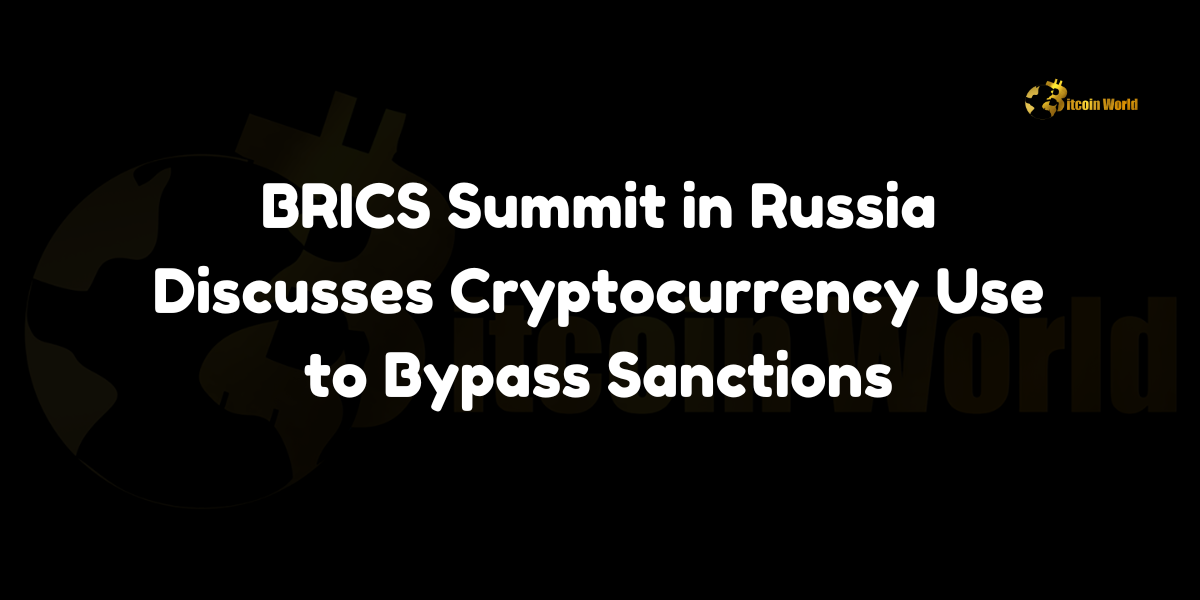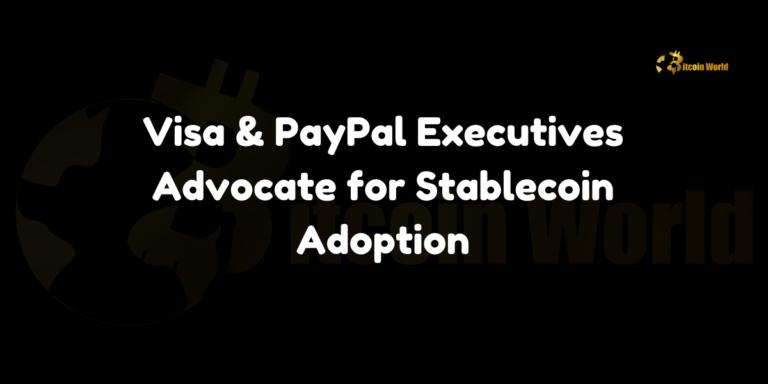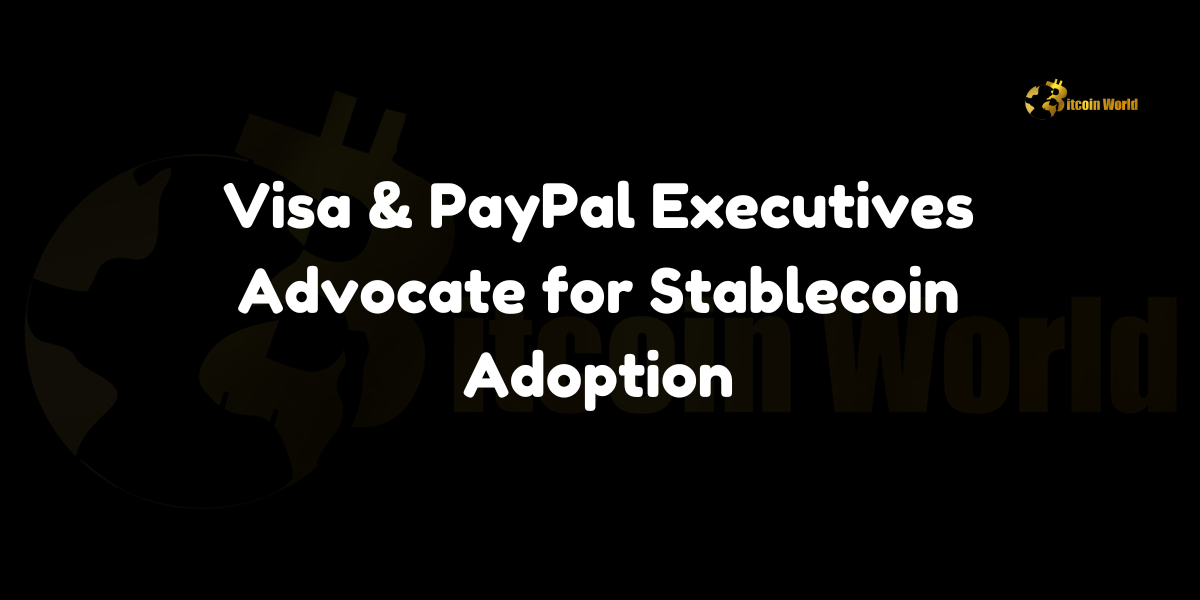Danish Tax Agency Proposes Tax on Unrealized Gains for Crypto Assets
In a groundbreaking move aimed at modernizing its tax framework, the Danish Tax Agency (Skattestyrelsen) has proposed the introduction of a tax on unrealized gains for all crypto assets. This proposal seeks to align the taxation of cryptocurrencies with that of traditional investments, marking a significant shift in Denmark’s approach to digital asset taxation. Affecting approximately 300,000 Danes who own crypto assets, the proposal includes provisions for offsetting gains and losses across different types of financial contracts and imposes continuous taxation as capital income. The Ministry of Taxation is set to present a legislative proposal in early 2025, with new rules potentially taking effect from January 1, 2026.
Introduction to the Tax Proposal
What is the Danish Tax Agency’s Proposal?
The Danish Tax Agency has unveiled a proposal to tax unrealized gains on cryptocurrency holdings. Unlike realized gains, which are taxed when an asset is sold, unrealized gains refer to the increase in the value of an asset that is still held by the investor. This proposal aims to bring cryptocurrency taxation in line with other investment types, ensuring that digital assets are treated consistently within Denmark’s tax system.
Objectives of the Proposal
The primary objectives of this proposal are to:
- Align Crypto Taxation with Traditional Investments: Ensuring consistency in how different asset classes are taxed.
- Increase Tax Revenue: Tapping into the growing crypto market to bolster public finances.
- Promote Fairness: Preventing tax avoidance and ensuring that all investors contribute appropriately based on their holdings.
Key Features of the Proposed Tax
Tax on Unrealized Gains
The core of the proposal is the taxation of unrealized gains on crypto assets. This means that individuals will be required to pay taxes on the increase in value of their crypto holdings, even if they have not sold or transferred these assets.
Offset Provisions
To mitigate the financial impact on investors, the proposal includes provisions that allow for the offsetting of gains and losses across different types of financial contracts. This means that losses in one investment can be used to offset gains in another, potentially reducing the overall tax burden.
Continuous Taxation as Capital Income
The proposed tax framework introduces continuous taxation on crypto holdings, categorizing it under capital income. This approach differs from the traditional system where taxes are primarily levied upon the realization of gains.
Impact on Danish Crypto Holders
Affected Population
Approximately 300,000 Danes who own cryptocurrency assets will be directly impacted by this proposal. This includes both individual investors and institutional holders, spanning a wide range of crypto assets.
Financial Implications
- Increased Tax Liability: Crypto holders will face additional tax obligations based on the unrealized gains of their holdings.
- Investment Decisions: The tax on unrealized gains may influence how investors manage their crypto portfolios, potentially encouraging more active trading to realize gains and manage tax liabilities.
- Administrative Burden: Investors will need to maintain detailed records of their crypto holdings and valuations to comply with the new tax requirements.
Comparison with Taxation of Traditional Investments
Current Tax Framework for Traditional Assets
In Denmark, traditional investments such as stocks, bonds, and real estate are typically taxed on realized gains. Taxes are levied when the asset is sold or generates income, such as dividends or rental income.
Alignment with Crypto Taxation
By introducing a tax on unrealized gains for crypto assets, the Danish Tax Agency is bridging the gap between how traditional and digital assets are taxed. This alignment aims to create a more coherent and equitable tax system across different investment types.
Potential Benefits and Criticisms
Benefits
- Revenue Generation: The tax could significantly increase government revenue, contributing to public services and infrastructure.
- Tax Equity: Ensures that crypto investors are taxed similarly to holders of traditional assets, promoting fairness.
- Deterrence of Speculative Investments: May discourage excessive speculative trading, potentially stabilizing the crypto market.
Criticisms
- Market Impact: The tax on unrealized gains could lead to reduced investment in cryptocurrencies, potentially stifling innovation and growth in the sector.
- Administrative Complexity: Implementing and enforcing the tax could be complex, requiring robust systems for tracking and valuing crypto assets.
- Investor Disincentive: The continuous tax may discourage long-term holding of crypto assets, undermining the principles of decentralization and investment autonomy.
Implementation Timeline
Legislative Process
The Ministry of Taxation is scheduled to present a legislative proposal based on these recommendations in early 2025. The proposal will undergo parliamentary review, discussions, and potential amendments before being enacted into law.
Potential Effective Date
If approved, the new tax rules could take effect from January 1, 2026. This timeline provides a window for crypto holders to adjust their investment strategies and prepare for the new tax obligations.
Expert Opinions
Dr. Emily Carter, Blockchain Analyst
“The introduction of a tax on unrealized gains for crypto assets is a significant step towards integrating digital currencies into the mainstream financial system. While it promotes tax equity, it also presents challenges that need to be carefully managed to avoid stifling innovation in the crypto sector.”
Mark Thompson, Financial Strategist
“Denmark’s proposal to tax unrealized gains on crypto holdings aligns with global trends towards more comprehensive crypto regulation. Investors should prepare for increased tax responsibilities and consider the long-term implications for their crypto strategies.”
Sarah Lee, Cryptocurrency Researcher
“While the tax aims to create fairness, it could have unintended consequences on the crypto market’s liquidity and growth. Balancing tax equity with fostering a vibrant crypto ecosystem will be crucial for the success of this initiative.”
Future Outlook
Adoption of Similar Policies Globally
Denmark’s move may influence other countries to consider similar taxation policies for crypto assets. As governments seek to modernize tax systems, we may see a wave of regulatory changes that address the unique challenges posed by digital currencies.
Technological Solutions for Compliance
The complexity of taxing unrealized gains will drive the development of technological solutions to assist investors in tracking and reporting their crypto holdings accurately. Blockchain analytics tools and tax software will play a crucial role in facilitating compliance.
Evolution of Crypto Investment Strategies
Investors may adapt by focusing on strategies that minimize tax liabilities, such as staking, yield farming, or structuring investments to balance realized and unrealized gains. This could lead to more sophisticated financial planning within the crypto community.
Conclusion
The Danish Tax Agency’s proposal to tax unrealized gains on cryptocurrency assets represents a significant shift in the taxation of digital assets, aiming to align crypto taxation with traditional investment practices. While the initiative promotes tax equity and generates additional revenue, it also introduces complexities and potential challenges for investors and the broader crypto market. As Denmark moves forward with its legislative process, the outcome will not only shape the future of cryptocurrency taxation in the country but may also set a precedent for other nations grappling with similar regulatory questions.
As the crypto landscape continues to evolve, stakeholders must navigate the changing regulatory environment, leveraging technological advancements to ensure compliance and sustain growth. The successful implementation of this proposal will require a delicate balance between fostering innovation and maintaining robust tax systems that reflect the dynamic nature of digital asset investments.
To stay updated on the latest developments in cryptocurrency taxation and regulatory news, explore our article on latest news, where we cover significant events and their impact on the digital asset ecosystem.


